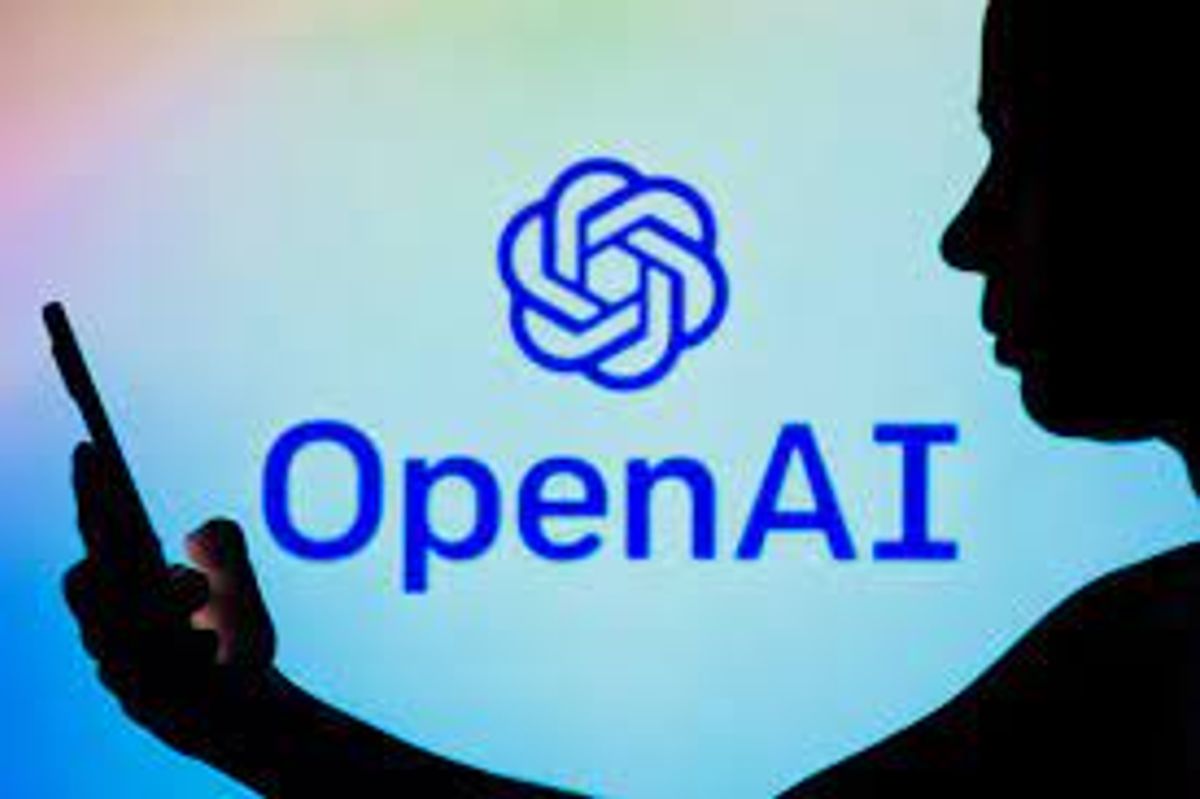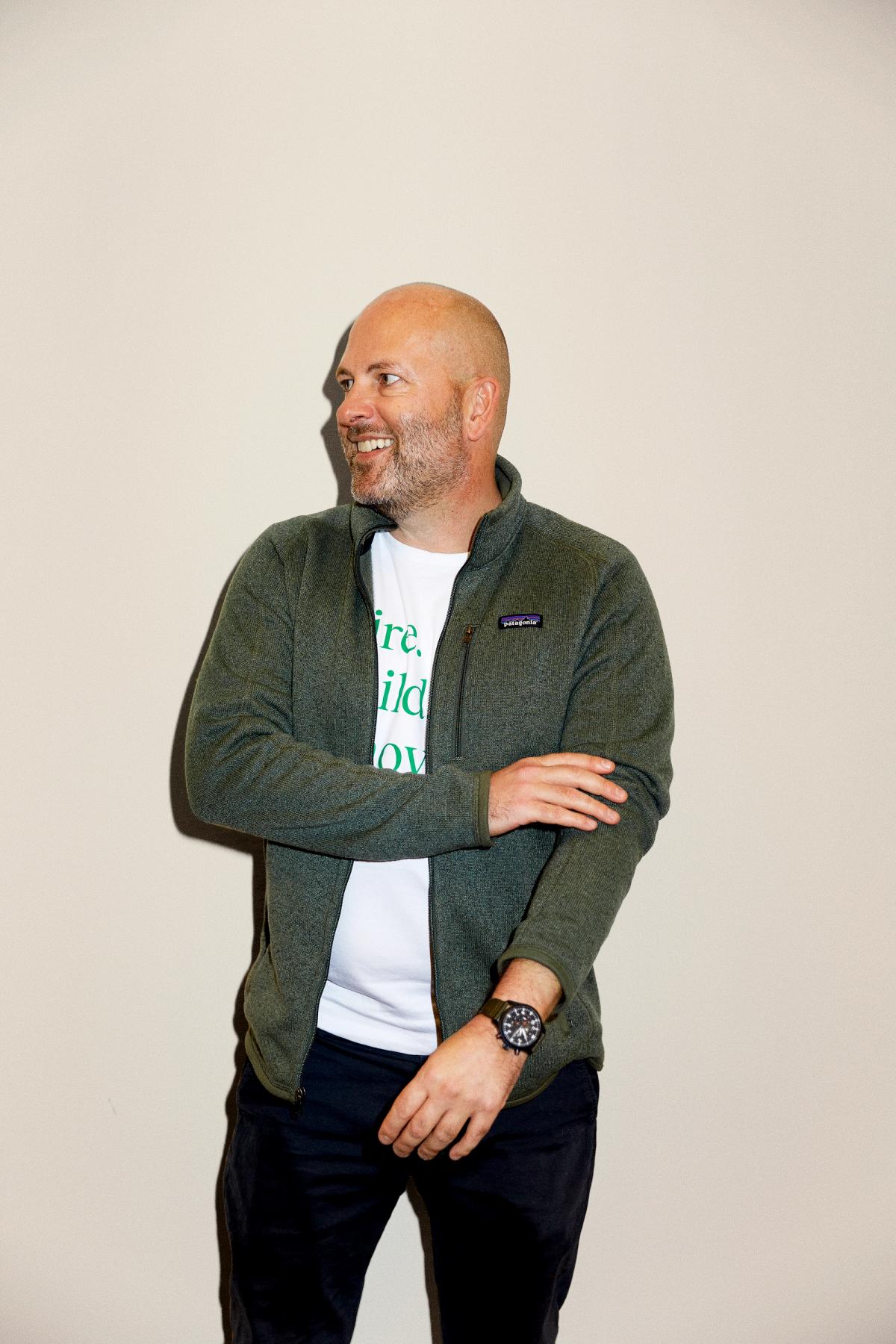How ChatGPT just made white-collar jobs a lot harder.

Personally, I love new (tech) tools, but really — don’t we all?
Smart tools have made white-collar jobs a lot easier over the years. Communication is easier than ever, having gone from fax -> email -> Slack, making it possible to communicate in real-time with individuals and groups.
Video conferencing has taken giant leaps and made working during Covid much easier, and has transformed from Cisco and Citrix owning the market, to a multitude of other players such as the everpresent Zoom. We hired a lot of people for Citrix GoToMeeting back in the day, and that really opened my eyes to how mighty and productive a great video conferencing tool can be.
I’m writing this text using Grammarly, which helps me and many others write more coherent text with fewer grammatical errors. Not only does it look better (and I seem a tiny bit smarter), but precise written communication is also easier to read and minimizes the risk of misunderstandings.
All these (and many other) tools have minimal downsides — they make most white-collar workers more productive, makes it easier to communicate, and reduce friction. Provided of course, that you have access to the same tools. If your English written communication skills are not strong, and you don’t have Grammarly, it will appear even more evident than it did before.
Since ChatGPT launched in November 2022 it seems everyone views it as “just” another productivity tool, albeit a mighty one, designed to make everyone's lives easier. It’s a fabulous tool, it is accessible to all, and (for now at least), it’s free!
So essentially your life as a white-collar worker just got a lot easier? Unfortunately not — it just got a lot harder.
Allow me to explain. Andrew Chen has written a lot of clever things over the years and coined quite a few terms, one of which being what he calls the Law of Shitty Clickthroughs:
Any product that is first to market has a limited window where they will enjoy unnaturally high marketing performance, until the competition enters, in which case everyone’s marketing efforts will degrade.
Essentially he argues that when Company A starts doing something clever, it will have a strong positive impact on Company A. But soon Company B, C, and D will start doing the same thing, customers will tire and the impact will degrade. (Apparently the first banner ad ever, on HotWired in 1994, debuted with a clickthrough rate of 78%).
My point is this — if we view the product not as ChatGPT, but as the individual product or service that Company A is trying to promote, we would see the same effect of the Law of Shitty Clickthroughs.
Example: we hire individuals and teams for startups and scaleups, and let’s say we are hiring a Node/React/Typescript developer with 3–5 years of experience for a startup. As a skilled developer, he/she is probably being bombarded by hopeful recruiters, some of which (Recruiter A) have spent the time and effort of writing a well-thought-out, well-written text with no grammatical errors targeted against this particular individual — it has taken time, energy and effort, which generally would be appreciated by the recipient. Other recruiters might spend 2 minutes hacking together a poorly written, generic text riddled with errors and spend zero effort (Recruiter B).
If both use ChatGPT — those two recruiters are now the same. Let’s assume that the message they send will not be completely identical, but using the same tool they will be very similar with a slightly generic feel to them. The developer who used to disregard the most hopeless and generic messages now has no means of doing so. This person will be bombarded by (almost) identical messages, with no means of screening them, unless he/she spends an enormous amount of time and resources on it.
The life of Recruiter B just got easier — but due to the Law of Shitty Clickthroughs, will probably not benefit from this, or at least only for a minimal amount of time.
The life of Recruiter A just got a lot harder. Like a lot. Written communication is now a dying art form, and it’s time to move on to video or something else.
Unless of course, someone invents a tool, which can help identify a text as written by ChatGPT…
